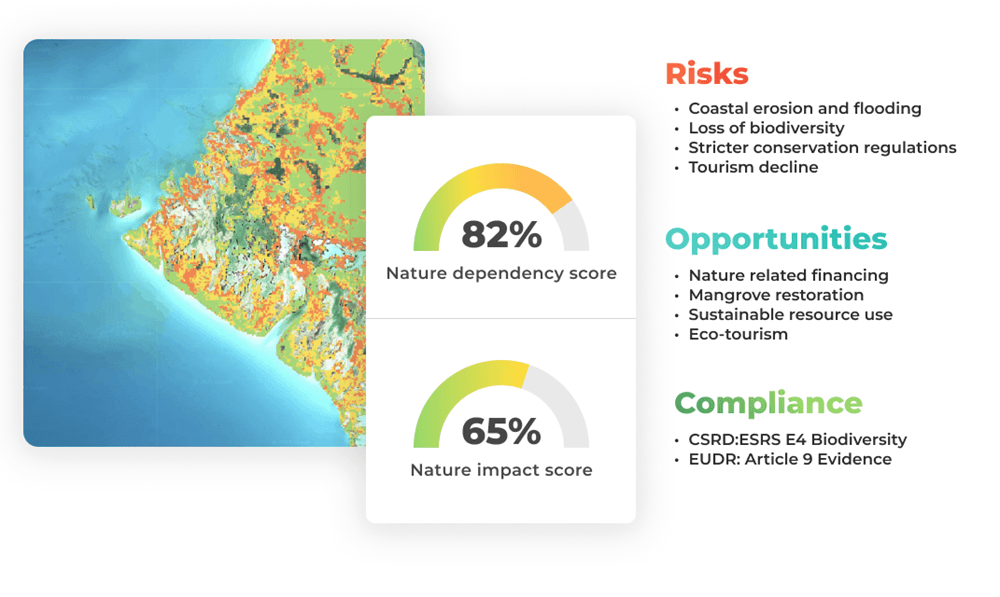
Robots are here to stay – hospitality study reveals

The Covid-19 pandemic has accelerated the deployment of robots in many sectors, including the hospitality industry. Large hotel chains have gradually adopted them (e.g., Hilton, Aloft, and Crowne Plaza) for housekeeping and butler services, interacting with customers, and fulfilling concierge and front-desk tasks. They can work 24/7, do not complain, are always polite to guests, do not strike, and never get tired. So, from a business perspective, robots help to reduce costs and increase profits.
However, many studies show that human beings experience feelings of uneasiness and discomfort in anthropomorphized robots’ encounters, also known as the Uncanny Valley theory. Analysing consumer emotional reactions to technology implementation is an important way to understand customer acceptance of the new technology.
Since robots have been implemented only recently, most of previous studies are mainly based on individuals’ perceptions captured in artificial settings and not on real experiences of interaction with robots.
To fill this gap, together with colleagues*, I have analysed 9,707 online customer reviews posted on two leading social media platforms (Ctrip and TripAdvisor) from customers who had encountered service robots across 412 hotels in eight Western and Asian countries. Here are our findings:
- Service robots generate overwhelmingly positive feelings for the majority of customers
Our research shows that the vast majority of hotel customers share positive feelings when interacting with service robots. Service robots trigger overwhelmingly positive emotions in most customers who describe robots as cool, intelligent, cute, lovely, friendly, quirky, weird, popular and playful. Their service is evaluated as convenient, amazing, unique, fast, and distinctive. Customers also very often comment on the robot’s service attributes or appearance. Other positive feelings highlighted by our study were amazement and surprise. Indeed, 61% of reviews express a feeling of fun interacting with robots, while only 28.5% of customers felt a sense of fear when being approached by a robot server, instead of a human.
- Humans are still needed
People love robots but discontentment can be caused when they malfunction. In this case, humans have to come to the rescue to avoid service failures, which are more likely to negatively affect the experience of business customers.
- Robots are more popular with families and couples than with business customers
Robots can be an important source of differentiation from the competition in the hospitality industry for hotels that do not have a strong brand equity, are not differentiated from the competition, and do not offer exceptional amenities such as being located in historical buildings or in good locations, or that do not offer scenic views. However, a single robot may not create a competitive advantage for a hotel. A hotel that is (almost) fully equipped by robots can create differentiation and it can motivate families with children as well as teenager and young adults to book it. Furthermore, robots staffed hotels generate a strong media attention and word-of-mouth. For example, Alibaba’s FlyZoo hotel attracted a lot of media attention for introducing a variety of artificial intelligence software (i.e. facial recognition technology) and hardware (i.e., robots) in their hotels.
Robots can make some hospitality organisations stand out from the crowd and create a distinct positioning based on innovation and modernity in the mind of consumers.
However, this only applies in the case of some types of customers and hotels. Service robots are more successful in hotels targeting families with kids or couples rather than business customers.
By contrast, business customers tended either to display no particular emotional response towards robots or just complained about their lack of flexibility, efficiency, and slowness. Also, business customers are less patient about robot malfunctions and prefer being served by humans.
However, business customers also liked the privacy of butler robots (room service). Our study also reveals that robots can be used more effectively for entertainment purposes or for simple tasks rather than for complex tasks where humans are needed.
- Robots malfunctioning must be addressed
Our study reveals that many customers complain because the robot was out of service and so they could not take a selfie, or their kids could not play with them. Looking at the reviews of customers over time, it is evident many hotels are not repairing their robots for months, affecting the expectations of those customers who expect to be served by a robot.
The case of Henn na Hotel in Tokyo is a perfect example of this. It was the first robot-staffed hotel, but after several customer complaints, it decided to reduce its robot workforce by more than half and return to more traditional human-provided services for guests, though it maintained a few robots to keep its unique selling point as a robot hotel.
- Robots are here to stay
In summary, our study shows that physical robots are more of a curiosity that can satisfy customer entertainment needs and generate interest and word-of-mouth on social and mass media. Customers are willing to accept robots in the hospitality industry and specifically hotels who have families as their target market can consider adopting them.
The possibility to implement robots can be particularly appealing for countries like France where the tourism industry is negatively affected by frequent strikes and for service operators in the world who do not understand the basics of customer service.


